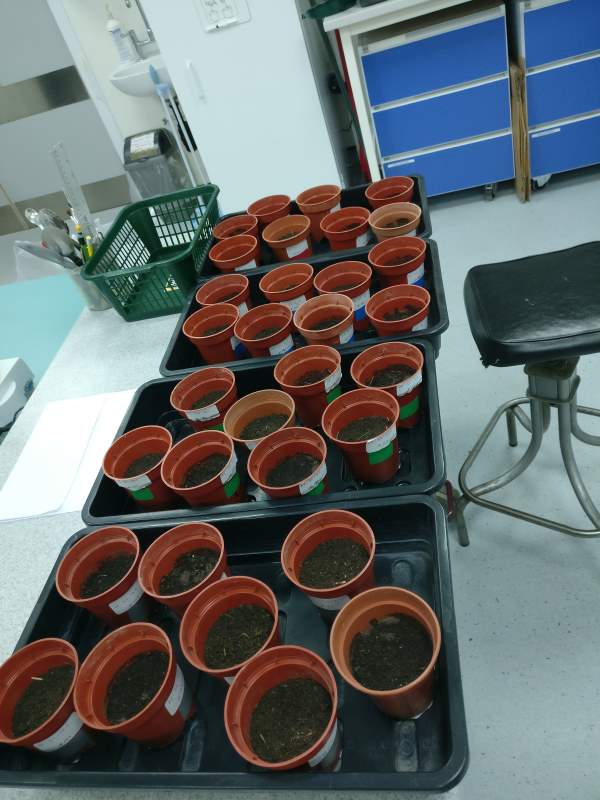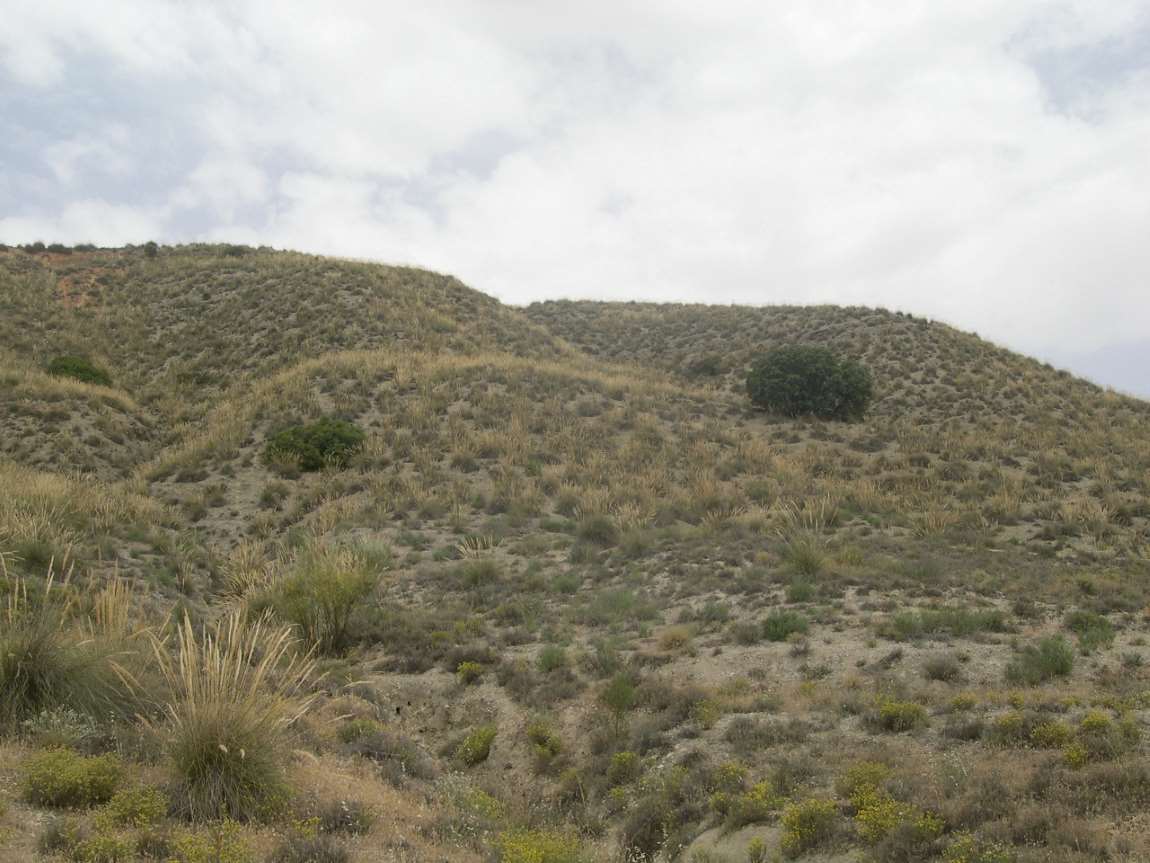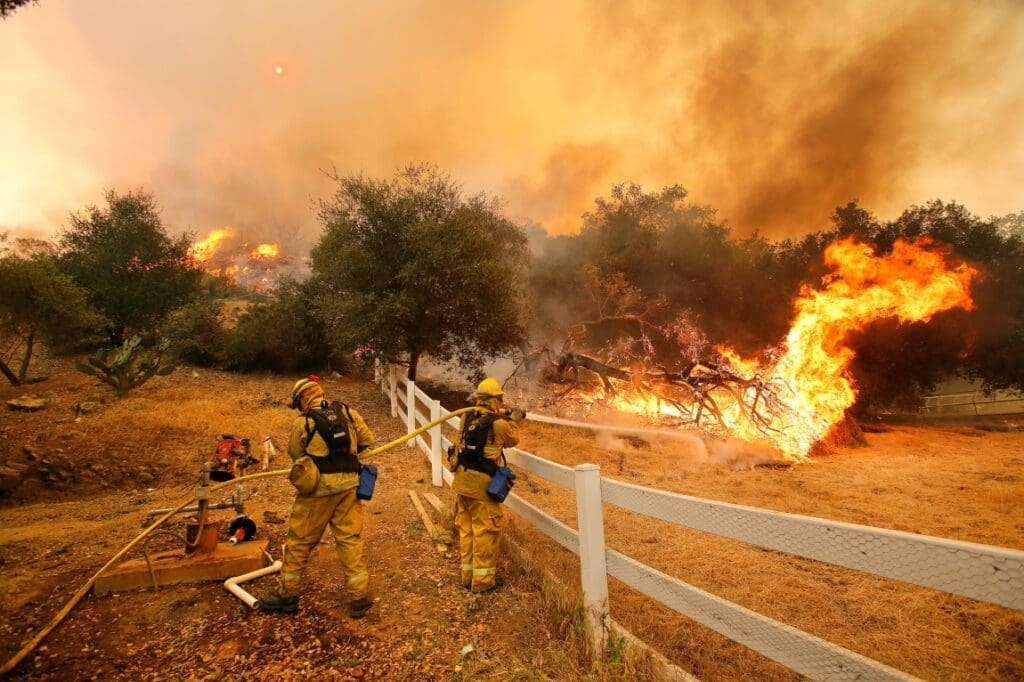Scientists have uncovered how soil microbes, critical for ecosystem health, respond to extreme weather events, shedding light on the risks posed by climate change.
The research, conducted by a team from The University of Manchester in collaboration with European scientists, emphasizes the delicate balance maintained by these tiny organisms and their crucial role in soil health, carbon storage, and food production.

As extreme weather events such as heatwaves, droughts, floods, and freezes become more frequent due to global heating, understanding microbial resilience becomes vital. These microbes influence natural processes like carbon cycling, determining how much carbon remains in the soil and how much escapes into the atmosphere as carbon dioxide, exacerbating global heating.
The findings, published in Nature, stem from experiments involving soil samples collected from 30 grasslands across 10 European countries. These samples, representing diverse biogeographic regions from the Arctic in Iceland to the Mediterranean in Spain and Greece, were exposed to simulated extreme weather events in controlled laboratory settings.
Dr. Chris Knight, Senior Lecturer in Earth and Environmental Sciences at The University of Manchester, highlighted the importance of the study: “Soil microbes are vital for our ecosystems. Their ability to adapt or struggle with climate change has a direct impact on soil health, plant growth, food production, and carbon storage. By understanding the microbes’ ‘survival strategy,’ we can better predict and possibly mitigate future impacts of these extreme weather events, giving us crucial insights to safeguard vulnerable regions.”
The research revealed notable regional differences. For instance, soils from cooler, wetter climates proved especially vulnerable to heatwaves and droughts, whereas soils from arid regions were more affected by floods. Despite these variations, the study identified consistent patterns, such as the microbes’ ability to enter a dormant state during adverse conditions.
This adaptive strategy underscores a potential pathway for resilience. However, Professor Knight warned against uniform solutions: “The fact that local conditions play such a huge role in how vulnerable soils are means that a ‘one-size-fits-all’ approach won’t work when it comes to protecting soil ecosystems, suggesting tailored strategies will be key.”
Professor Franciska de Vries, who initiated the study at The University of Manchester and now holds a position at the University of Amsterdam, underscored the significance of the research: “This study is one of the largest of its kind. By working across multiple countries and ecosystems, we have been able to provide key insights that could guide future research and environmental management strategies, ensuring the health of our ecosystems in the face of increasing climate challenges.”
This pioneering research not only highlights the intricate dynamics of soil microbiomes but also serves as a foundation for developing targeted conservation efforts and climate policies aimed at protecting soil ecosystems worldwide.
Journal Reference:
Knight, C.G., Nicolitch, O., Griffiths, R.I. et al. ‘Soil microbiomes show consistent and predictable responses to extreme events’, Nature (2024). DOI: 10.1038/s41586-024-08185-3
Article Source:
Press Release/Material by The University of Manchester
Featured image: Spain field trip. Credit: Océane Nicolitch | The University of Manchester




